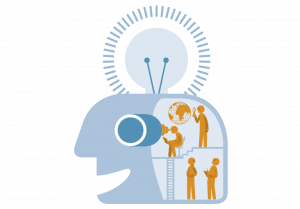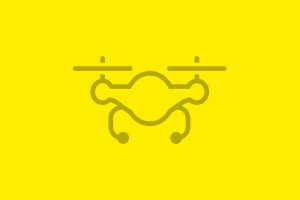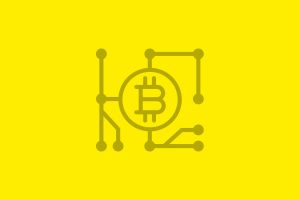Intelligent Diagnosis and Treatment

How did we create impact?
The intelligent diagnosis and treatment track aimed to develop a project idea that would translate the potential of AI technology to the realities in rural Africa or Asia. Concretely, the output would help customize the technology to the needs of health workers (e.g. those employed by social enterprises or NGOs), and thus improve access to and quality of diagnosis and treatment for their patients.

What is disruptive technology doing for better health outcomes?
Artificial intelligence (AI) has the potential to change diagnoses and treatment of diseases, improving outcomes and costs. It can, for example, strengthen medical imaging diagnosis by detecting diseases earlier, or predict the most effective treatment option. AI can thus support doctors to make faster and more accurate diagnoses or design more effective treatment options within seconds by building on and learning from huge amounts of data, such as medical papers and patient records. At the same time, digital health chatbots have already been changing the way patients approach simple medical questions.

Why do we need more inclusive solutions?
The need for more accurate and cost-effective diagnoses is especially pressing in regions with a chronic shortage of well-trained health professionals. In many rural areas in Africa and Asia, doctors’ visits are irregular, and hospitals are a long and costly day’s journey away. For the most part, the best healthcare options are health workers, who can perform basic medical diagnoses. Artificial intelligence has the potential to support them in bringing better diagnosis and treatment options to more patients in underserved areas. For example, AI can support local health workers to decide whether a patient can be attended to by simple measures, or needs to be referred to a specialist.

Who attended
The intelligent diagnosis and treatment track brought together:
- Companies developing AI software or digital health chatbots addressing doctors or patients
- Artificial intelligence experts
- Social enterprises with networks of health workers that reach out to patients in underserved markets in Africa or Asia
- Companies working on telemedicine
- Data specialists, particularly those working on patient health records
- Corporate representatives with a focus on digital health
- Experts running incubators or consultancies specializing in mhealth, digital health or AI and health

